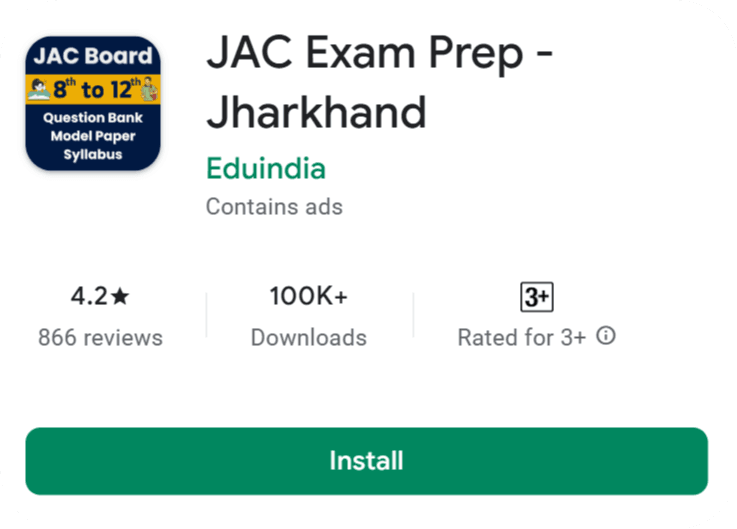1. Identifiable entity with the same characteristics and behavior is known as :
- Subclass
- Object
- Class
- None of these
2. The wrapping up of data and operation/functions into a single unit is known as :
- Encapsulation
- Modularity
- Abstraction
- None of these
3. A …. is a template/blueprint representing a group of objects that share common properties and relationships.
- Object
- Class
- Header file
- None of these
4. When a class owns an object of another class then it is which class relationship?
- MAS – A Relationship
- Class Relationship
- IS – A Relationship
- None of these
5. How many types of programming languages solve the given problems?
- 3rd generation programming language
- 5th generation programming language
- 2nd generation programming language
- None of the above
6. ………. is the capability of one class of things to inherit capabilities or properties from another class-
- Polymorphism
- Inheritance
- Modularity
- None of these
7. Which generation programming language is based on solving constraints entered by the programmer, which the computer uses to
- 3rd Generation programming language
- 5th Generation programming language
- 2nd Generation programming language
- None of these
8 . ………… refers to the act of representing essential features without including the background detail or explanation?
- Encapsulation
- Modularity
- Abstraction
- None of these
9. Which generation language is a machine-level programming language?
- 4th Generation programming language
- 3rd Generation programming language
- 2nd Generation programming language
- 1st Generation programming language
10. ……….. is the property of a system that has been decomposed into a set of cohesive and loosely coupled modules.
- Inheritance
- Polymorphism
- Modularity
- None of these
11. A ………… is an identifiable piece of code within a program, with a set of inputs and outputs-
- Module
- Main program
- Paradigm
- None of these
12 ………….. is the ability for a message or data to be processed in more than one form.
- Polymorphism
- Inheritance
- Modularity
- None of these
13 . is an identifiable entity with some characteristics and behavior.
- Object
- Class
- Header file
- None of these
14. A class whose properties are inherited by other classes is known as :
- Base class
- Derive class
- Subclass
- None of these
15. ___ means the organizing principle of a program. It is an approach to programming.
- Module
- Main program
- Paradigm
- None of these
